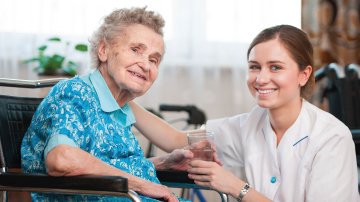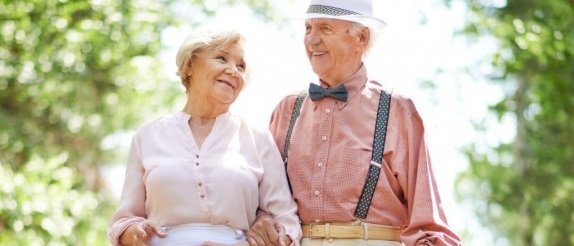Three Important Tips for Caring for Someone With Arthritis or Osteoporosis

According to the National Institute on Deafness and Other Communication Disorders, nearly a quarter of adults between the ages of 65 and 74 and half of those over the age of 75 have disabling hearing loss. Unfortunately, fewer than a third of adults over the age of 70 who could benefit from a hearing aid have ever tried one.


Staying active as we age is essential for preventing disease, but it offers a number of far-reaching benefits beyond good physical health. Here’s how exercise can improve your or your aging loved one’s overall quality of life and sense of wellbeing.

If you’re struggling with whether or not to find professional care for your aging loved one, you’re not alone. Making the decision to move your loved one into a personal care living facility may be one of the hardest you’ll ever make, not because senior living is a negative thing, but because you’ve always assumed you would care for your loved one until the end. The guilt can be overwhelming, but here are three reasons why you should let the guilt go and do what’s best for the person you love most.
Dementia is a general term used for conditions involving memory loss. The most common type of dementia is Alzheimer’s disease, but there are others as well. Often, dementia doesn’t only impede memory, but other mental faculties too. Dementia can affect reasoning abilities, thinking processes, and behavior. If your loved one begins to show signs of dementia, their healthcare provider can evaluate their condition to determine what type they may be suffering from and how to treat it.
Memory lapses are common among seniors. In fact, someone at any age is liable to suffer a memory loss when they’re feeling overwhelmed or over stressed, but lapses in memory become a concern when they begin to occur with some frequency or when their severity increases. For seniors in assisted-living situations, memory lapse is something that caregivers must look out for and evaluate should lapses begin to occur. While it’s important to be on guard against memory loss, there are also some things that caregivers can do to help the seniors in their care stay sharp.
In the beginning stages of Alzheimer’s disease, you may find it fairly easy to maintain a balance between caring for your loved one and taking care of your own needs. But in the later stages, your loved one may have increasing difficulty eating, communicating, and walking, and she’ll become more vulnerable to injury and infections. She will likely require constant supervision and intensive assistance with ambulation, meal times, personal hygiene tasks, and other activities of daily living. Providing quality care at this point can be more than a full-time job.